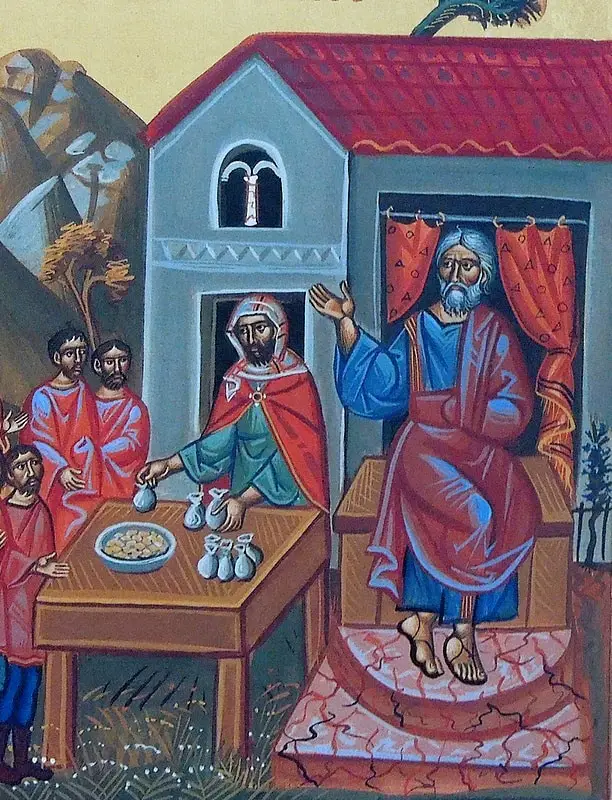
The parable about the talents offers the thought that life is a time for trading.
That means that it is necessary to hasten to use this time as a person would hurry to a market to bargain for what he can. Even if one has only brought bast shoes, or only bast, (very inexpensive, unsophisticated items) he does not sit with his arms folded, but contrives to call over buyers to sell what he has and then buy for himself what he needs.
No one who has received life from the Lord can say that he does not have a single talent—everyone has something, and not just one thing; everyone, therefore, has something with which to trade and make a profit.
Do not look around and calculate what others have received, but take a good look at yourself and determine more precisely what lies in you and what you can gain for that which you have, and then act according to this plan without laziness.
At the Judgment you will not be asked why you did not gain ten talents if you had only one, and you will not even be asked why you gained only one talent on your one, but you will be told that you gained a talent, half a talent or a tenth of its worth.
And the reward will not be because you received the talents, but because you gained.
There will be nothing with which to justify yourself—not with nobleness, nor poverty, nor lack of education. When this is not given, there will be no question about it.
But you had hands and feet. You will be asked, what did you gain with them?
You had a tongue, what did you gain with it?
In this way will the inequalities of earthly states be leveled out at God’s judgment.
+ St. Theophan the Recluse, Thoughts for Each Day of the Year: According to the Daily Church Readings from the Word of God

